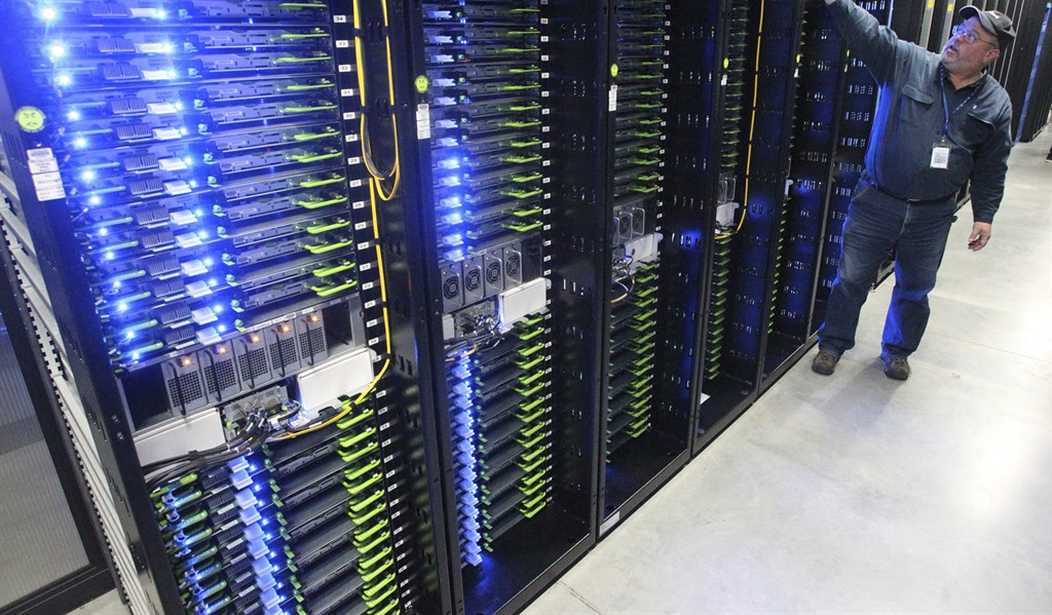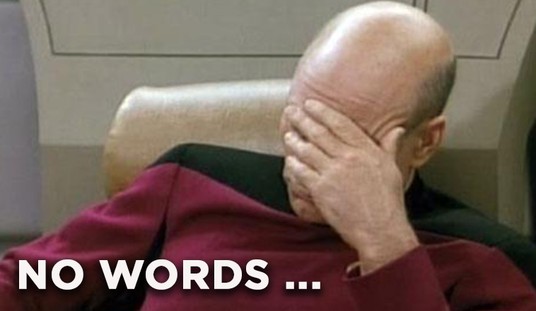The Internet Archive is an invaluable esource, one that seeks to provide 'Universal Access to All Knowledge' through building a digital library of books, websites, and other 'cultural artifacts.' They've been around since 1996, and their Wayback Machine has preserved 26+ years of web history. Additionally, they partner with 1000+ libraries and their archive boasts some impressive numbers: 735 billion web pages, 41 million texts/books, 23 million audio and video recordings, millions of images and hundreds of thousands of software programs.
Despite this, the Internet Archive has been tied up in an ongoing legal battle, and one that threatens its core mission and existence.
On June 1, 2020, the Internet Archive was sued by multiple publishers including Hatchette Book Group, Penguin Random House, HarperCollins, and Wiley. The publishers accused Internet Archive of violating fair use and controlled digital lending (CDL). In March of this year, a judge ruled in favor of the publishers.
This resulted in many books being blocked for users, and since many of these books are not available at public libraries, made them completely inaccessible. One user of Internet Archive said 80% of his list was blocked as a result of this ongoing lawsuit.
The Internet Archive argued that, like libraries who offer digital books, they do engage in controlled lending, only allowing users to 'check out' one digital copy of a book for every book they have purchased, and they vowed to file an appeal.
Yesterday they did just that:
LAWSUIT UPDATE: Earlier today, we filed our opening appellate brief in Hachette v. Internet Archive, reaffirming our commitment to preserving knowledge and defending the digital rights of all libraries. Join the fight: https://t.co/SOg9SSaPOJ pic.twitter.com/pmtyrUZ6Mi
— Internet Archive (@internetarchive) December 15, 2023
They write at their blog:
Statement from Brewster Kahle, founder and digital librarian of the Internet Archive: We submitted our appeal to the court today to protect the core mission of libraries—preservation and access. This is a fight to keep library books available for those seeking truth in the digital age.
Libraries are not just repositories of books; they are guardians of history and the published record. In this time of wars, election angst, and unstable moments for democracy, this fight gains even more importance.
Why should everyone care about this lawsuit? Because it is about preserving the integrity of our published record, where the great books of our past meet the demands of our digital future. This is not merely an individual struggle; it is a collective endeavor for society and democracy struggling with our digital transition. We need secure access to the historical record. We need every tool that libraries have given us over the centuries to combat the manipulation and misinformation that has now become even easier.
This appeal underscores the role of libraries in supporting universal access to information—a right that transcends geographic location, socioeconomic status, disability, or any other barriers. Our digital lending program is not just about lending responsibly; it’s about strengthening democracy by creating informed global citizens.
The stakes of the lower court decision are high. Publishers coordinated by the AAP (Association of American Publishers), have removed hundreds of thousands of books from controlled digital lending. The publishers have taken more than 500 banned books from our lending library, such as 1984, The Color Purple, and Maus. This is a devastating loss for digital learners everywhere.
Recommended
Brewster Kahle, the founder of the Internet Archive, also posted about this:
...The publishers have taken more than 500 banned books from our lending library, such as 1984, The Color Purple, and Maus.
— Brewster Kahle (@brewster_kahle) December 15, 2023
This is a devastating loss for digital learners everywhere.
We are appealing the ruling today. Stand by libraries.https://t.co/1HxIqbbPI7
If you'd like to read the appellate brief, it's here.
We’re hoping for the best for you. Those ppl don’t know that they’re only preventing preservation
— Firemoof (@VolcaronaQueen) December 16, 2023
They are doing very important work.
The Internet Archive is maybe the single most important website in existence and it’s crucial we support it however we can https://t.co/c1n0PYTkwn
— Keifer (@DannyVegito) December 15, 2023
It needs our support. Losing access to the information it provides would be catastrophic.
It's time for @HachetteUS @HarperCollins @penguinrandom @WileyGlobal to STOP SUIING LIBRARIES like @internetarchive and to ALLOW CONTROLLED DIGITAL LENDING and/or to SELL EBOOKS to libraries so they can own, lend & preserve books for future!#SellDontSue #ControlledDigitalLending https://t.co/01qFvemULb
— Laura Gibbs (@OnlineCrsLady) December 15, 2023
If you are a user of the Internet Archive (as this writer is), you will note they do, in fact, engage in CDL. You cannot 'check out' a digital book if someone else is using it.
So much of this show would not be possible without the Internet Archive. They have digitally preserved so much of the internet’s history and made countless works easily accessible and freely available.
— Select and Start (@SelectPodStart) December 15, 2023
Critical support to them as they fight for the rights of digital libraries. https://t.co/mZjrNS77Tx
The accessibility, particularly in this era where technology is readily available, is vital.
A reminder of the many many authors who support Internet Archive in this lawsuit.
— Authors Alliance (@Auths_Alliance) December 15, 2023
Authors benefit so much from library lending and we support @internetarchive in this case. https://t.co/EXFUb2lQ9m https://t.co/PtDzOTIFFt
Legal counsel for the Internet Archive pointed out that publishers have always fought against technological advances, including microfilm and photocopiers as well as fighting against libraries for providing access to blind and print disabled users.
Online, digital archives are just the next frontier.
BREAKING: @internetarchive has appealed a lower court judgment that blocked all libraries from offering spyware-free ebooks + preserving them against censorship and erasure.
— @[email protected] on Mastodon (@fightfortheftr) December 15, 2023
Take action to support the archive now: https://t.co/HQJEbprnVD
30% of Americans read digital books, and surveillance of said digital books has always been a concern.
Key points from the @internetarchive Opening Brief:
— Library Futures (@library_futures) December 15, 2023
Digital lending has changed the lending of books – as a nonprofit library, the IA is lending books on a 1:1 basis, much like libraries always have. This is fair use.
And if you would like to know more about why this lawsuit is bad for you, read here:
We filed our appeal in Hachette v. Internet Archive yesterday. If we are unsuccessful in our fight, libraries won’t be allowed to own and lend digital books, only license them from big media corporations. Why is that bad for YOU? 🧵 https://t.co/SOg9SSaPOJ
— Internet Archive (@internetarchive) December 16, 2023
They write:
The stakes of the lower court decision are high. Publishers coordinated by the AAP (Association of American Publishers), have removed hundreds of thousands of books from controlled digital lending. The publishers have taken more than 500 banned books from our lending library, such as 1984, The Color Purple, and Maus. This is a devastating loss for digital learners everywhere.
This lawsuit is about more than the Internet Archive; it is about the role of all libraries in our digital age. This lawsuit is an attack on a well-established practice used by hundreds of libraries to provide public access to their collections. The disastrous lower court decision in this case holds implications far beyond our organization, shaping the future of all libraries in the United States and unfortunately, around the world.
If this decision is left to stand, it will take away a library’s ability to lend books from its permanent collections to digital learners.
In the face of challenges to truth, libraries are more vital than ever.
The biggest issue with this is these publishers are not going to go back and digitize older books or recordings, because it won't be profitable. This means those books and recordings will be lost, inaccessible, to many people, and the books we can access are only those that are popular and make money. Those who don't live near college libraries will lose access to research materials (materials people often pay tax dollars for).
Additionally, physical libraries can only carry so many books, and things like mass market books may never make it to a library shelf.
And if the publishers aren't going to do this, because there's no money in it, how can they claim harm when the Internet Archive does it for them?
For all the flaws of the Internet, the Internet Archive is what the Internet was meant for (the free and easy access of knowledge) and that's being threatened by publisher lawsuits.
As the appeal works its way through the court, we will keep you updated.
***
Editor's Note: Do you enjoy Twitchy's conservative reporting taking on the radical left and woke media? Support our work so that we can continue to bring you the truth. Join Twitchy VIP and use the promo code SAVEAMERICA to get 40% off your VIP membership!
























Join the conversation as a VIP Member